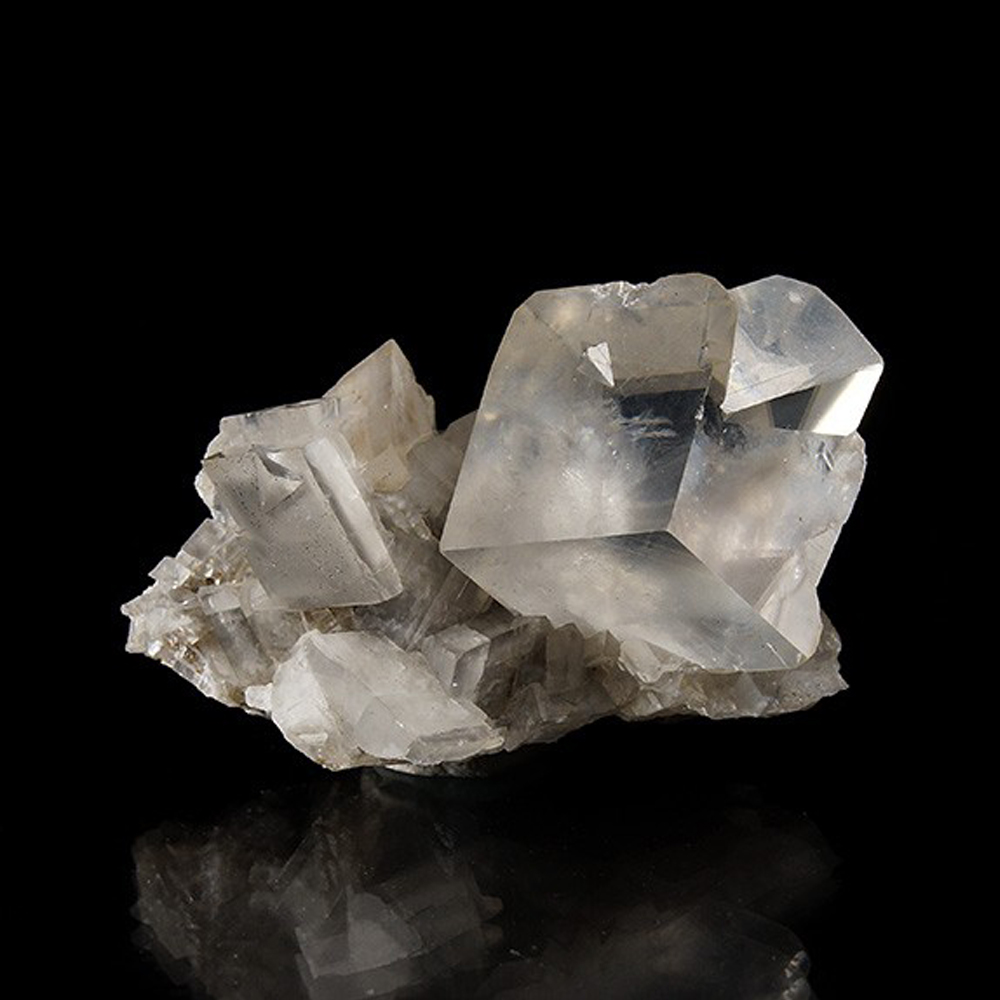About Dolomite
 Dolomite is a mineral compound consisting of calcium magnesium carbonate, renowned for its diverse range of applications across various industries. Occurring widely in sedimentary rocks and carbonate-rich environments, dolomite often forms alongside limestone and marble. With its distinct white to pinkish coloration and characteristic rhombohedral crystal structure, dolomite serves numerous industrial purposes. In construction, it is utilized as a building material for road base, concrete aggregates, and dimension stone due to its hardness and durability. Additionally, dolomite is prized for its use in the production of refractory bricks and ceramics, where it acts as a flux to lower the melting point of materials during firing. In agriculture, dolomite is employed as a soil conditioner to neutralize acidic soils and provide essential nutrients, particularly calcium and magnesium, crucial for plant growth. Its role in environmental remediation involves neutralizing acidic mine drainage and treating wastewater contaminated with heavy metals. Moreover, dolomite finds application in the manufacturing of magnesium metal and magnesium compounds, contributing to industries such as aerospace, automotive, and pharmaceuticals. Despite its versatility, concerns regarding dolomite mining’s environmental impact, particularly in terms of habitat destruction and water pollution, highlight the importance of sustainable extraction practices and environmental stewardship.
Dolomite is a mineral compound consisting of calcium magnesium carbonate, renowned for its diverse range of applications across various industries. Occurring widely in sedimentary rocks and carbonate-rich environments, dolomite often forms alongside limestone and marble. With its distinct white to pinkish coloration and characteristic rhombohedral crystal structure, dolomite serves numerous industrial purposes. In construction, it is utilized as a building material for road base, concrete aggregates, and dimension stone due to its hardness and durability. Additionally, dolomite is prized for its use in the production of refractory bricks and ceramics, where it acts as a flux to lower the melting point of materials during firing. In agriculture, dolomite is employed as a soil conditioner to neutralize acidic soils and provide essential nutrients, particularly calcium and magnesium, crucial for plant growth. Its role in environmental remediation involves neutralizing acidic mine drainage and treating wastewater contaminated with heavy metals. Moreover, dolomite finds application in the manufacturing of magnesium metal and magnesium compounds, contributing to industries such as aerospace, automotive, and pharmaceuticals. Despite its versatility, concerns regarding dolomite mining’s environmental impact, particularly in terms of habitat destruction and water pollution, highlight the importance of sustainable extraction practices and environmental stewardship.

